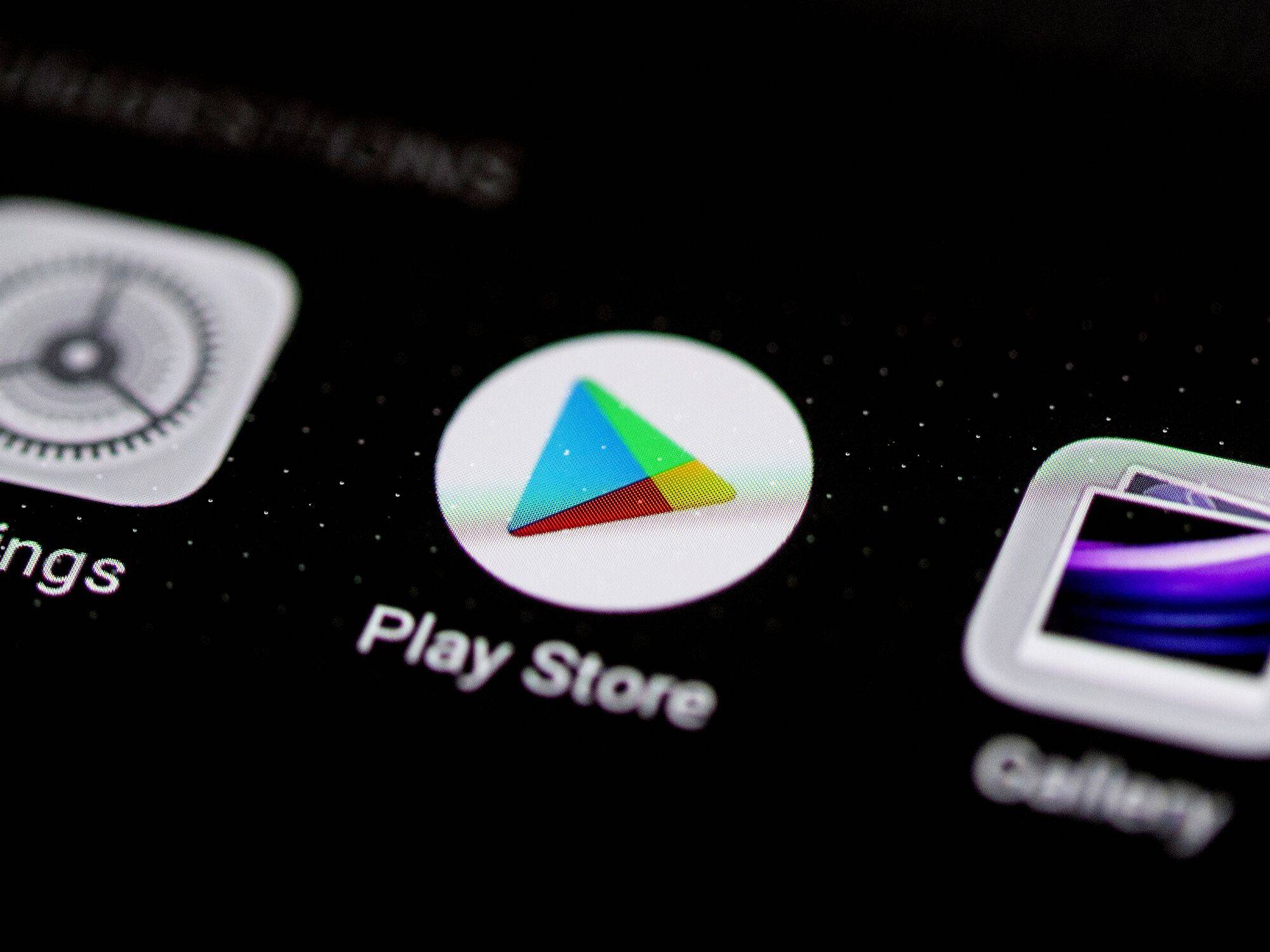Alphabet’s Google has reached a settlement in an antitrust case with U.S. states and consumers, agreeing to pay $700 million and make changes to its Play app store. The settlement, disclosed in a San Francisco federal court, aims to address allegations of anticompetitive behavior related to app distribution and in-app transactions on Android devices.
According to the terms of the settlement, Google will pay $630 million into a fund for consumers and $70 million into a fund for states. Eligible consumers who made purchases on Google Play between August 16, 2016, and September 30, 2023, will receive at least $2 and may be eligible for additional payments based on their spending.
All 50 states, along with the District of Columbia, Puerto Rico, and the Virgin Islands, have joined the settlement. The agreement comes after Google was accused of overcharging consumers and imposing restrictions on app distribution and in-app transaction fees.
While Google did not admit wrongdoing, the company has agreed to make changes to its Play store. These changes include expanding the ability of app and game developers to offer alternative billing options for in-app purchases alongside Google’s billing system and simplifying the process for users to download apps directly from developers.
In response to the settlement, Google’s Vice President for Government Affairs and Public Policy, Wilson White, stated that the agreement “builds on Android’s choice and flexibility, maintains strong security protections, and retains Google’s ability to compete with other operating system makers.”
Despite the settlement, the legal battle between Google and Epic Games, the maker of “Fortnite,” is ongoing. Epic Games has expressed dissatisfaction with the settlement, with CEO Tim Sweeney calling it an “injustice” to Android users and developers. Epic Games is expected to propose its own changes to the court in the coming year.
While this settlement marks a significant development in the case against Google, the tech giant still faces other legal challenges related to its search and digital advertising practices, which it has denied any wrongdoing in.
Overall, the settlement represents a step towards addressing concerns about competition in the app market and could have broader implications for how digital platforms operate in the future.
(Source: WSJ | Associated Press)









